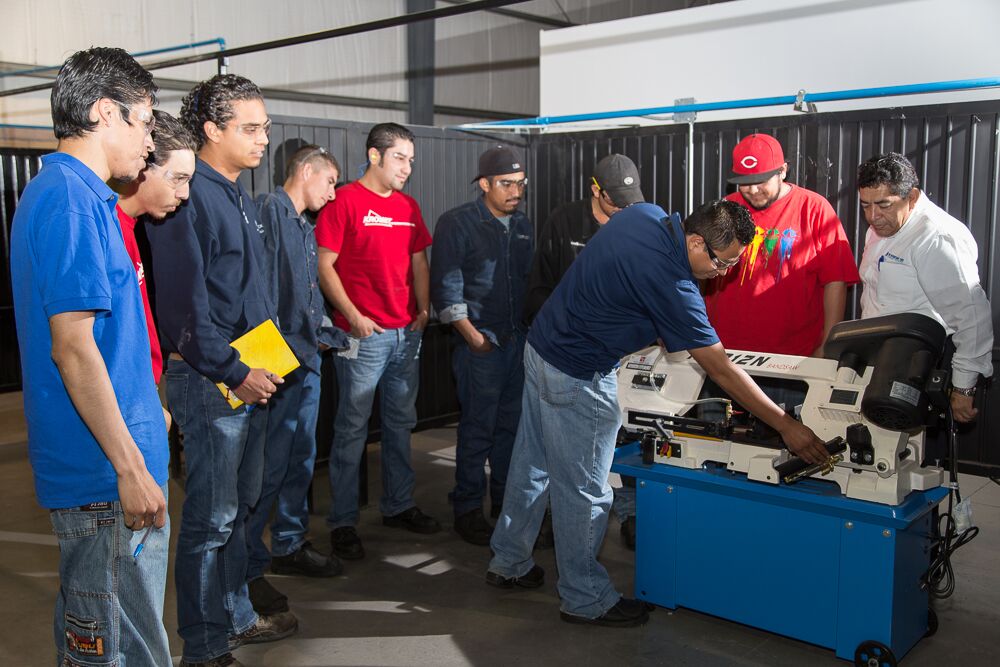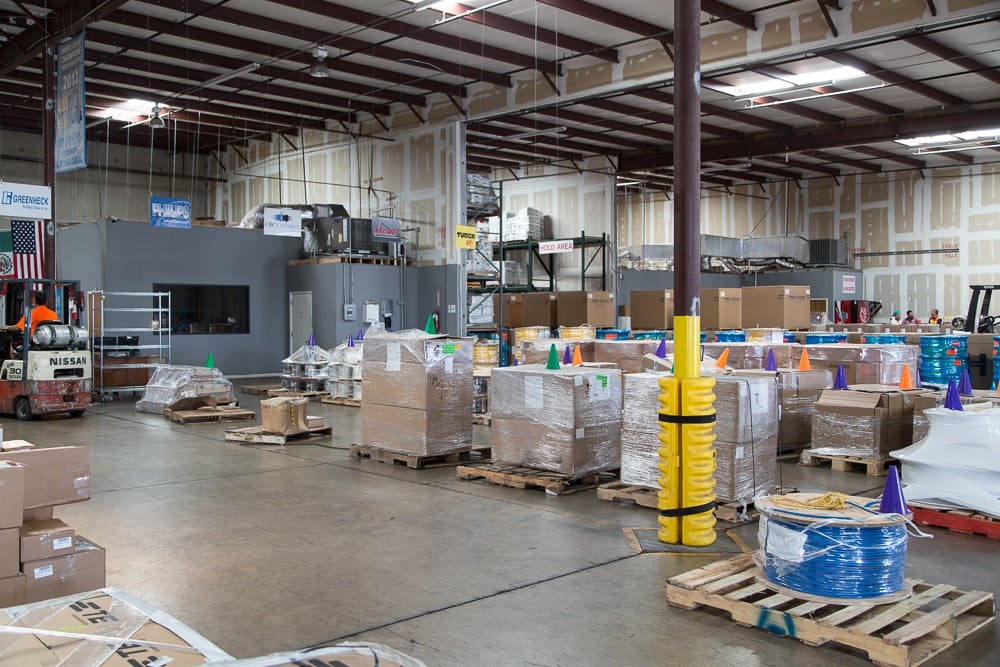Japanese firms are becoming more and more invested in Mexico, according to El Economista, a website that covers the Mexican and international economy. According to surveys by the Japanese government, companies from this country have invested an average of $2.26 million in Mexico between the beginning of 2010 and November 2013. This is a 360 percent jump from 2006 to 2009. And 76.2 percent of those same Japanese companies plan to expand their business in Mexico. Some of the companies surveyed include Toshiba and Nissan.
According to the article, it is inexpensive and easy to produce in Mexico because of the international trade agreements the country has around the world, making imports of raw materials far less expensive than they might be otherwise.
Carlos Canales, CEO of the Mexican subsidiary of Toshiba, said that Mexico is very good for Japanese companies, both in terms of exports and investments. Additionally, sectors within the Mexican manufacturing industry are expanding and growing.
Nissan Mexico is also doing well. The company's plants are manufacturing at a rate of 650,000 vehicles per year, and Nissan plans to expand production even further, building more facilities, until it manufactures 1 million cars a year by 2015 or 2016.
Taking Mexico to the international marketplace
Economy Secretary Ildefonso Guajardo said that he is committed to making Mexico a global player within an international economy.
As such, many Japanese companies have been awarded government contracts through a competitive bidding process. Since 2005, they have also been receiving government incentives worth $4.28 million to continue producing in Mexico.
Mexican companies large and small
According to a recent report by the McKinsey Global Institute, the North American Trade Agreement, which virtually eliminates tariffs between Mexico, America and Canada, has fostered an enormous manufacturing industry in Mexico, revitalizing the country and making it a spot where many of the top investors from around the world are putting their money.
Looking closely, McKinsey noted that, in fact, there is a second Mexico that is moving in the opposite direction of growth. While large multinationals are doing well, smaller companies with less than 500 employees are lagging behind. According to McKinsey, these two sides of the Mexican economy must be reconciled in order for the country to fully prosper.
One way of doing this is by making the traditional sector of the Mexican economy more productive. For example, bakeries in Mexico are predominantly small local shops. They do not do nearly as well as the largest industrial bakeries because they often have very few employees working for them. If "mom and pop" stores could find a way to boost their productivity, then the ripple effect throughout the Mexican economy would be enormous.
Mexico would also benefit from further enforcing compliance and formality in its tax structure. Currently, the tax breaks that exist for small companies discourage those same companies from becoming larger. Additionally, such small companies tend to structure their finances informally. These small, "informal" companies employ half of all non-farm labor. In order to build a better economy, Mexico must encourage formal, compliant companies and allow them to grow and prosper.
Subscribe
Sign up and stay informed with tips, updates, and best practices for manufacturing in Mexico.





